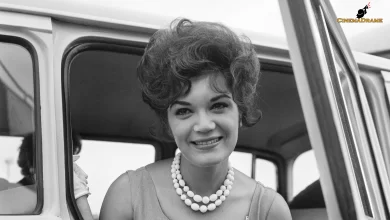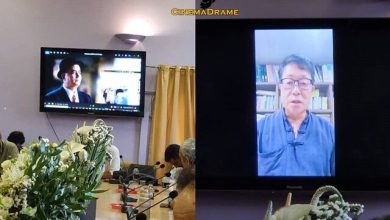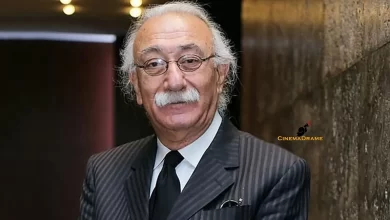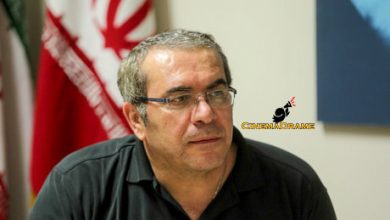Roi Parviz Mottahedeh, the prominent historian of Islam and Iran, has passed away
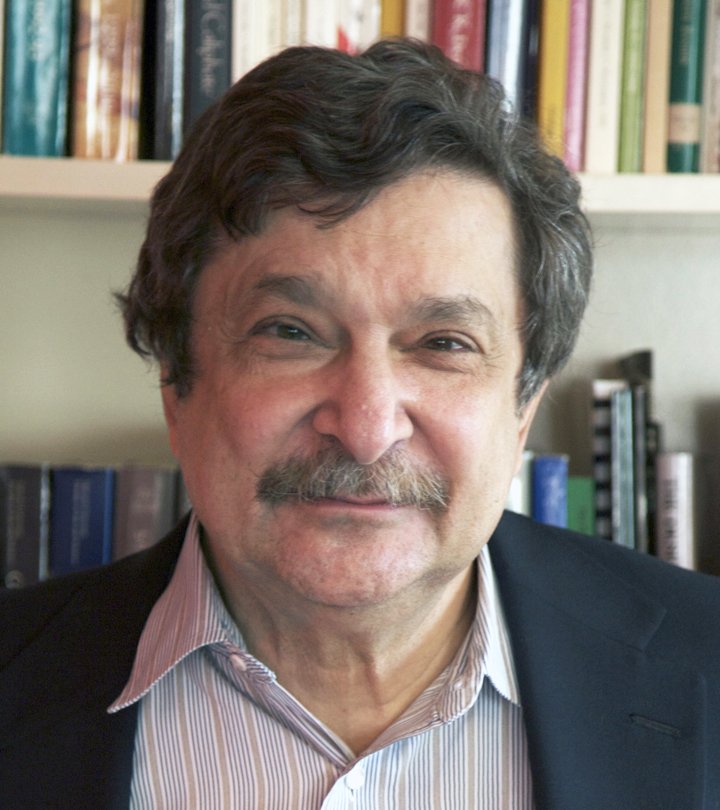
A Scholar Who Has Passed Away
Mohammad Ali Homayoun Katouzian, Writer and Historian
My late dear friend, Roy Parviz Mottahedeh, was one of the most distinguished historians of Islam and the Middle East and a scholar of Iranian culture. Roy was born in July 1940 to an Iranian father and an American mother in New York, and he passed away 84 years later in July 2024. After successfully completing high school, he attended Harvard University, where he earned his bachelor’s degree in history in 1960 at the age of 20. With the scholarship he received, he conducted research in Europe, the Middle East, and Afghanistan.
He then went to Cambridge University in England, where he earned a degree in Persian and Arabic. After Cambridge, he returned to Harvard in the U.S. to complete his doctoral studies. Roy began his teaching career in 1970 at Princeton University, and a few years later, he became a history professor at Harvard University, where he also served as the director of the university’s Middle Eastern Center for three years. He retired as an emeritus professor at Harvard a few years ago.
Roy authored many valuable books and articles, but the one that will forever be linked to his name in history is The Cloak of the Prophet, a comprehensive analysis of modern Iran with an overview of Iran’s millennia-old culture and history, published in 1985. Throughout his academic career, Roy received numerous awards and fellowships and was respected as an outstanding scholar by all, despite having a few petty enemies.
Roy and I had known each other from the 1970s through correspondence, but we first met in person in 1982, when I was invited by the Princeton University Center for International Studies to give a lecture and have a formal lunch with Roy, who, though part of the History Department, attended the event. Since then, I saw him numerous times at my lectures at Harvard and at various conferences. Our last meeting was a few years ago at an international conference, where we embraced, as if we knew we wouldn’t see each other again.
I have many fond memories of Roy, especially from the term he spent as a visiting professor at our college in Oxford in the early 1990s. But the memory I will never forget is from his one-year visiting professorship at Harvard University. I believe it was in 1997 or 1998 when one day Roy called me and said, “You may know that this one-year position has recently been established at Harvard. I am the chair of the selection committee, and I know of no one more deserving of it than you. Please send me your application so I can finalize the process.”
I was thrilled at the prospect of spending a year at Harvard with several good friends there and sent my application. As the selection process was nearing completion, a political group in the U.S. who had been enemies of mine for decades due to my writings on Iranian history, and had caused me significant material and moral harm, learned of it. They threatened to sue Harvard University if I were selected. Of course, they had no legal standing, and the threat was more of a joke. However, Roy was not interested in any of the controversy and resigned from his position as committee chair, allowing someone else to be chosen. He then called me and said, “You know I have no patience for dealing with thugs.” I reassured him, saying, “Don’t worry, I expected this, as this kind of animosity towards me is nothing new and has become a refrain in my life.”
May his memory be cherished.
